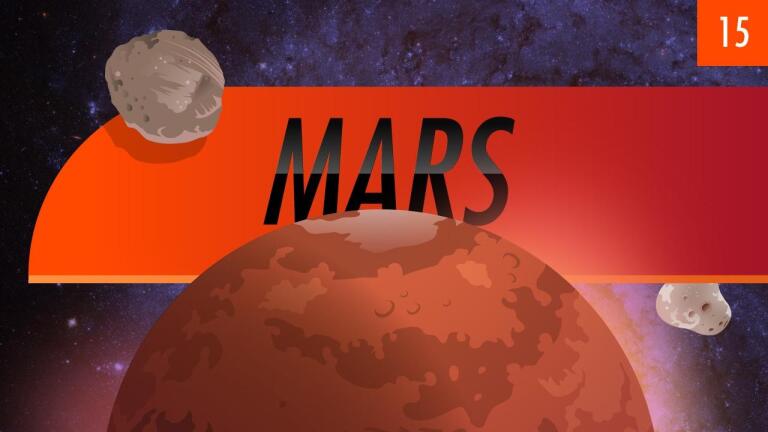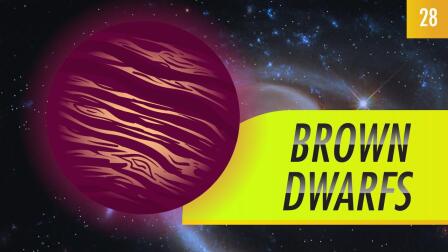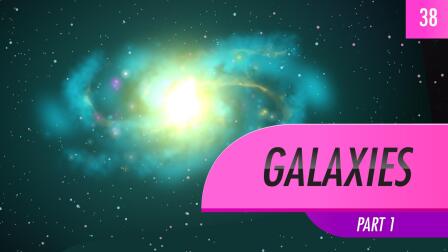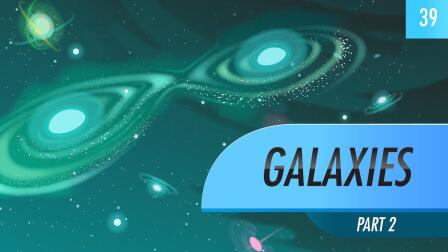Back to Show
Crash Course Astronomy
Exoplanets: Crash Course Astronomy #27
Season 1
Episode 27
Phil explains that YES, there are other planets out there and astonomers have a lot of methods for detecting them. Nearly 2000 have been found so far. Exoplanets appear to orbit nearly every kind of star, and we've even found planets that are the same size as Earth. We think there may be many billions of Earth-like planets in our galaxy.
Support Provided By

11:54
Comets are chunks of ice and rock that orbit the Sun.

11:32
Now that we've finished our tour of the planets, we're headed back to the asteroid belt.

12:15
We're rounding out our planetary tour with ice giants Uranus and Neptune.

12:12
Saturn is the crown jewel of the solar system, beautiful and fascinating

10:26
Before moving on from Jupiter, we're going to linger for a moment on the planet's moons.

10:42
Jupiter is the biggest planet in our solar system.

10:11
Mar is the fourth planet from the sun and the outermost of the terrestrial planets.

10:46
Venus is a gorgeous naked-eye planet, hanging like a diamond in the twilight.

10:17
Mercury is the closest planet to the sun.

9:47
Take a look up to the moon's surface features, core, and theories about its formation.

10:13
Phil starts the planet-by-planet tour of the solar system right here at home, Earth.

11:44
Take a look at the two-octillion ton star that rules our solar system.











